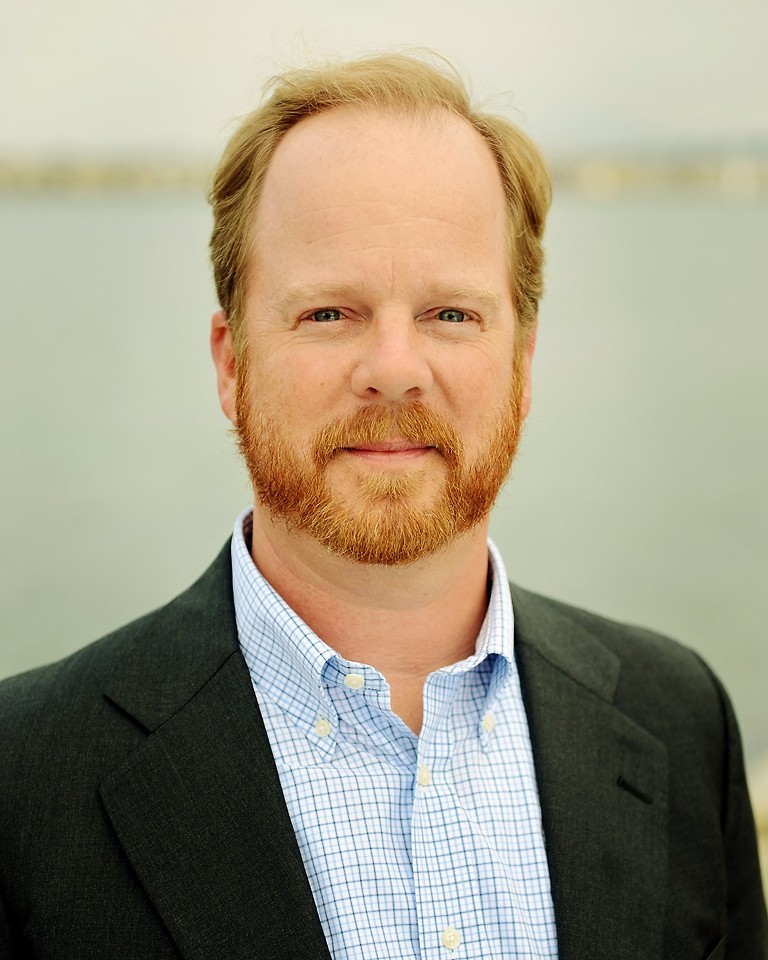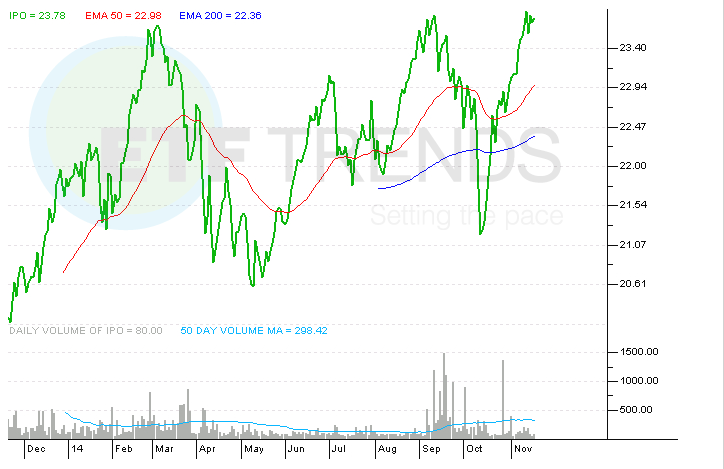Chuck Jaffe ETF evolution takes a big step forward
Post on: 24 Июль, 2015 No Comment

CHICAGO A decade ago, at the Morningstar Investor Conference, the biggest names in the fund business were talking about newfangled products like exchange-traded funds and discussing how they would someday be a supplement to the typical mutual fund.
The news out of Chicago at the most-recent Morningstar conference was that there might soon be a day when at least half of the mutual-fund community converts its traditional funds into ETFs.
The revolutionary changes about to hit both the fund and ETF business were on stark display here two weeks ago, and ordinary investors should be aware of whats coming, because it will forever change the landscape of the business.
Three separate announcements fueled the speculation.
Most Read Stories
The Vanguard Group the worlds largest fund company announced 19 new funds with ETF shares, essentially adding an ETF share class to existing traditional mutual funds. The biggest name among the issues going to the ETF side is the Vanguard 500 Index (VFINX), the granddaddy of the index-fund world.
The real news behind the Vanguard announcement was unspoken. By coming in to compete with established ETF providers by offering products on the exact same indexes as the other guys, but doing it at a lower cost Vanguard is bringing true price competition to the ETF business for the first time.
Next came the news that Grail Advisors is introducing a new actively managed bond ETF run by DoubleLine Capital. Star bond-fund manager Jeffrey Gundlach a keynote speaker at the Morningstar conference established DoubleLine late last year. While there are actively managed ETFs and giant bond-fund manager PIMCO has already plowed the ground in bonds active competition means that the ETF landscape is starting to look more like the rest of the fund world.
Finally, before the conference even started, Huntington Asset Management which runs 24 traditional mutual funds filed plans to roll two of its funds into ETFs. Specifically, Huntington may use assets from its Rotating Index fund to seed the launch of Huntington Global Rotating Strategy, a new ETF. The move would actually allow Huntington to start its new fund using the old funds track record and ratings from the major services like Morningstar.
Vanguards ETF shares should get to keep the ratings generated by their traditional-fund sisters, too.
With the conversion of a fund, or the opening of ETF Shares on an existing fund, you should see the record, the star rating and everything transfer, said Scott Burns, director of ETF analysis for Morningstar. Its the same money management, just another wrapper, and since people will only buy a fund when it has an established track record, being able to move it over to an ETF is a big deal.
Such a big deal that Burns and many others believe a lot of others will follow suit.
If Vanguard were to license ETF shares, Burns said, youd see 3,000 funds using them in six months.
Not everyone goes that far.
William McNabb, Vanguards big cheese, said hes not sure if Vanguard will carry the ETF shares concept over to its big actively managed issues.

Some observers think Vanguards move is more about marketing than evolution. The company didnt create an S&P 500 ETF in the past because it did not want to pay licensing fees to Standard & Poors. At the time, Vanguard created other ETFs based on index that its executives felt were better.
Money didnt flock to those purportedly better mousetraps like it will to the new ETFs on the traditional indexes. It will come rolling in now, even though Vanguards lineup really doesnt need the new issues.
ETFs are, effectively, funds that trade minute-by-minute like stocks. Typically, they have been based on index investing and many use leverage to replicate an index and juice its potential returns but there have been a growing number of active-fund managers making the leap into the ETF world. By nature, ETFs are more transparent and cheaper to operate than traditional funds.
Still, Robert Reynolds, the top dog at Putnam Investments said that he still believes that the ETF structure truly works best with indexes and that active managers especially in funds designed for the long haul will not want to make a change. Moreover, the transparency cuts into the managerial edge that he believes a top pro gives a traditional fund. Not surprisingly, ETF supporters think Putnam and other old-line firms are dinosaurs.
Perhaps the biggest news is that Vanguard will compete directly with iShares and others head to head, offering products on the same indexes. That will get the competitive juices flowing, which should lead to lower costs, commission-free trades and other niceties that will help investors, which in turn will spur more funds to act as both traditional fund and ETF.
Said Gregg Brewer, director of research for Value Line: For funds where this can be done, sporting an ETF and an open-end fund is a smart business decision because it broadens the companys reach with minimal costs. ETFs and mutual funds can coexist because they each fill a market need/desire. Funds give you the ability to avoid a broker and invest small amounts over time at minimal cost, while ETFs provide the day-to-day flexibility that some investors desire usually at the minimal cost of a commission.
Chuck Jaffe is a senior columnist
at MarketWatch.














